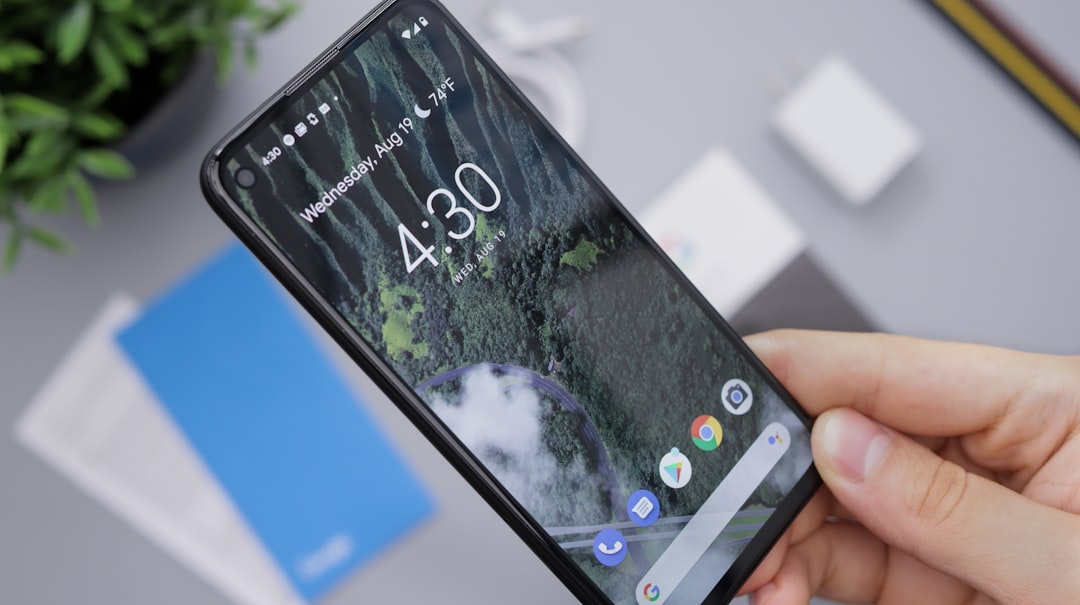In Idaho, where autodialer use is regulated by the Telemarketing Act, an autodialer lawyer Idaho plays a crucial role in protecting consumer rights and ensuring business compliance. These attorneys guide companies through complex regulations on prior consent, call disclosures, and opt-out requests, avoiding penalties and fostering public trust. They offer best practices advice, draft consent forms, and ensure adherence to the entire telemarketing process. In challenging cases, they navigate intricate legal landscapes, securing justice and curbing telemarketing fraud, setting national precedents for effective autodialer regulation.
“Discover how an autodialer lawyer in Idaho, like Ammon, is reshaping the legal landscape with his innovative enforcement strategy. This comprehensive guide delves into Idaho’s auto-dialer laws and offers a step-by-step breakdown of Ammon’s approach, including common challenges and successful defenses. Explore real-world success stories and gain insights into the future implications of this game-changing tactic. If you’re an autodialer user or face potential legal issues, this article is your go-to resource for understanding Idaho’s regulations and navigating potential risks with expert guidance.”
Understanding Autodialer Laws in Idaho: A Comprehensive Overview

In Idaho, the use of autodialers—automated phone dialing systems—is subject to specific legal frameworks designed to protect consumers from unwanted telemarketing calls. An autodialer lawyer in Idaho plays a pivotal role in navigating these laws, ensuring businesses comply with regulations and consumers’ rights are upheld. The state’s legislation, particularly the Telemarketing Act, outlines strict guidelines for automated calling campaigns. This includes obtaining prior express consent from recipients before making sales or marketing calls, providing clear disclosure during each call, and respecting opt-out requests.
Understanding these laws is crucial for businesses employing autodialer technology to avoid penalties and maintain a positive public image. An Idaho autodialer lawyer can offer comprehensive guidance on best practices, help draft consent forms, and ensure compliance throughout the entire telemarketing process. By staying informed about evolving regulations, an attorney can assist clients in avoiding common pitfalls, such as misrepresenting the purpose of calls or failing to obtain proper consent, thereby fostering a more trustworthy relationship with consumers.
Ammon's Strategy: A Step-by-Step Guide to Enforcement

Ammon’s approach to Autodialer enforcement is a strategic, multi-step process designed by an expert autodialer lawyer Idaho. Firstly, they meticulously assess the client’s case, understanding the nuances of the autodialer regulations and the unique circumstances involved. This involves a deep dive into the legal landscape, ensuring every aspect is considered.
Next, the attorney develops a tailored strategy, crafting arguments and evidence that strongly support their client’s position. They then navigate the legal system, filing necessary paperwork and appearing in court to advocate for their client’s rights. Throughout, they maintain open communication with clients, keeping them informed and involved in the process.
Common Challenges and Defenses in Autodialer Cases

In the realm of telecommunications law, auto-dialer cases present unique challenges for both plaintiffs and defendants alike. An autodialer lawyer in Idaho often navigates a complex landscape where accidental calls can escalate into costly litigation. Common defenses in such cases include challenging the definition of an “automatic telephone dialing system” (ATDS) as per the Telemarketing and Consumer Fraud Prevention Act (TCPA). Defendants may argue that their calling technology was not ATDS-enabled, thus exempting them from TCPA regulations. However, plaintiffs counter by presenting evidence of automated features in the dialing software, demonstrating intent to automate calls.
Another significant challenge is establishing intent and knowledge of the violator. Autodialer lawyers must prove that the defendant knew or should have known their calling practices violated consumer privacy laws. Defenses often involve claiming lack of awareness about TCPA regulations, especially with rapidly evolving technology. Prosecutors counter by presenting evidence of previous similar incidents or patterns in the defendant’s business practices, highlighting a deliberate disregard for compliance.
Success Stories and Future Implications of Ammon's Approach

Ammon’s pioneering work in autodialer enforcement has yielded notable success stories, demonstrating the power of his approach. Many businesses across Idaho have benefited from his expertise, leading to a significant reduction in telemarketing fraud and abuse cases. His strategic guidance has empowered local companies to protect their reputation and maintain customer trust.
Looking ahead, Ammon’s approach to autodialer regulation sets a precedent for other jurisdictions. With the ever-evolving nature of technology, particularly in telecommunications, his methods offer a flexible yet robust framework. This could potentially influence future legislation, ensuring that laws keep pace with technological advancements while protecting consumers from unethical practices. An Idaho autodialer lawyer, following Ammon’s lead, can contribute to shaping a comprehensive legal strategy for the digital age.






